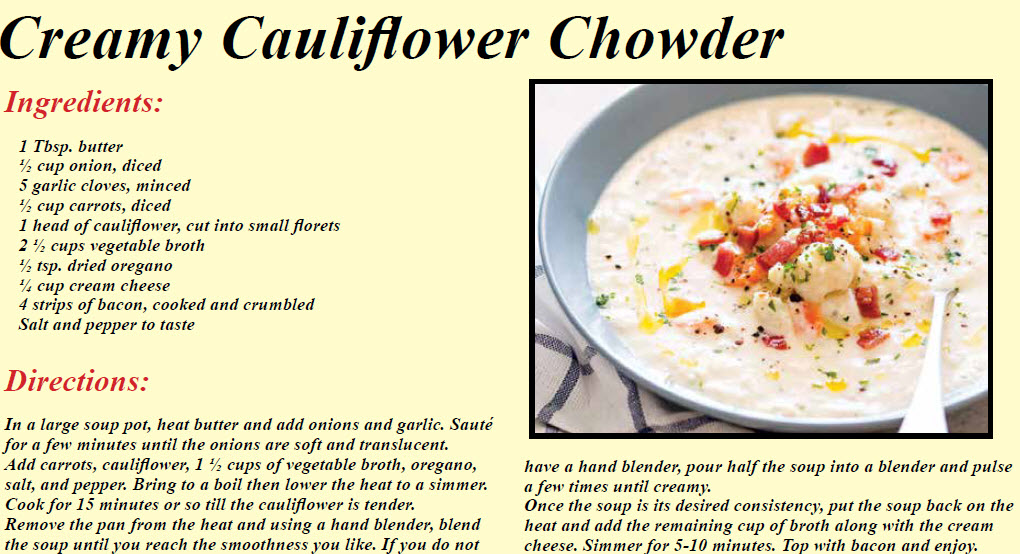Mercy And Grace

Mercy and grace are words that are sometimes used interchangeably in our everyday conversation, but they have different meanings. Webster’s defines mercy as: “Compassion or forbearance shown especially to an offender or to one subject to one’s power. Grace is defined as: “Unmerited divine assistance.”
One of my favorite parables in the New Testament is the story of the prodigal son. In this parable, Jesus is talking to his disciples, the Pharisees and others gathered around. In the story, a father has two sons. The younger son asks for his share of the inheritance from his father. The father grants his son’s request. This son, however, is prodigal which means wasteful and extravagant, thusly squandering his fortune and eventually becoming destitute. He is reduced to eating the slop they feed the pigs. He decides to go back to his father. He is welcomed back with open arms and a feast is given in his honor.
This story brings to life the true meaning of mercy and grace. Mercy gives the prodigal son a second chance. Grace gives him the feast. He doesn’t deserve either one, but his father shows compassion and welcomes him back with open arms. He then goes the extra step and extends unmerited divine assistance. Nothing the son has done in his life has earned him that feast. He has nothing to show for his life but by the grace extended to him, he can now begin to rebuild.
In this life, I have found it easy to show mercy to others. Most people show mercy to others easily. You put money in the little red bucket outside the store during Christmas because you have compassion for ones less fortunate than you. Mercy seems to be easily offered to others, especially during this time of the year. We feed the hungry, we donate old clothes to thrift stores or homeless shelters, and we give of our finances and time. Showing mercy makes us feel good about ourselves.
Showing grace to another is a little bit harder. Giving grace to another person is forgiving them, unconditionally, even if they don’t deserve or ask for it, in the same way that God has forgiven us. That one stings just a little. It’s not always easy to forgive someone that doesn’t seem to show any remorse for the actions they have taken in their life. Even if they haven’t personally done something to us, in order for us not to view them in a negative light, we still must forgive them for the sins they have committed and try to see them with new eyes.
Now how in the world does all this relate to a journey to better health? I think most of us are able to show mercy to others who are trying to lose weight, live a healthier lifestyle. Most of the time we are able to show a little compassion even to ourselves. My husband and I are both doing our best to live a healthier life. When he slips up and has a candy bar, I find it easy to show him grace, easy to forgive his slip-up. The problem comes when I slip up myself. I do a horrible job showing myself grace. I beat myself up for not being perfect, for not sticking to my strict diet plan, for eating things that I shouldn’t. During this journey to better health, I am slowly learning to give myself grace. Forgive yourselves! — That is going to become my anthem. I want it to be yours too, forgive yourself. We are all doing our best, and we will all be okay… at least that’s what I’m going to keep telling myself.
Here in Alabama, it has gotten COLD y’all. It went from a pleasant 74 degrees to chilly 34-degree overnight lows. With the time change, the sun is setting sooner and that temperature is dropping quickly. The recipe this week is a delicious low-carb cauliflower chowder. It sticks to your ribs and is so comforting. I hope you enjoy it as much as my family does.
Let us then approach God’s throne of grace with confidence, so that we may receive mercy and find grace to help us in our time of need. Hebrews 4:16
